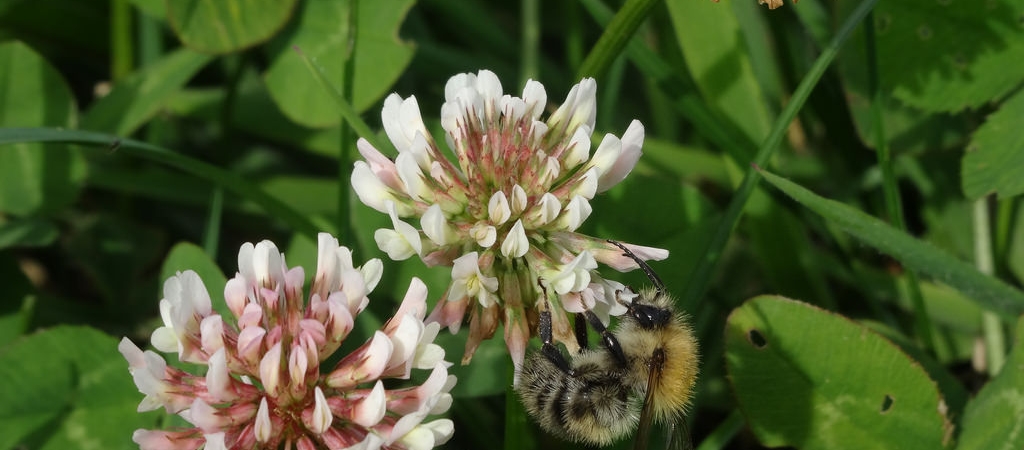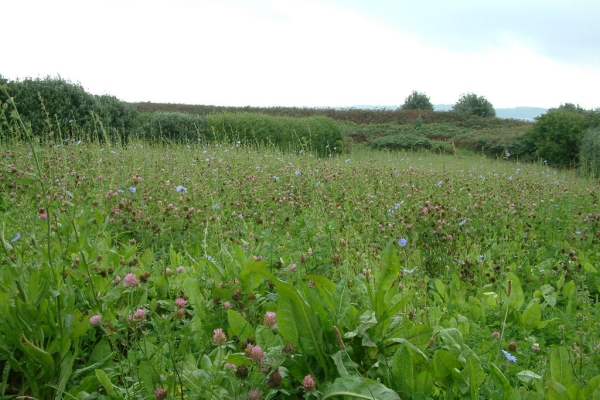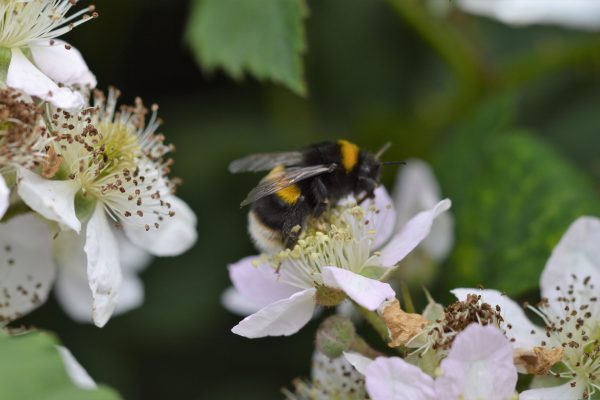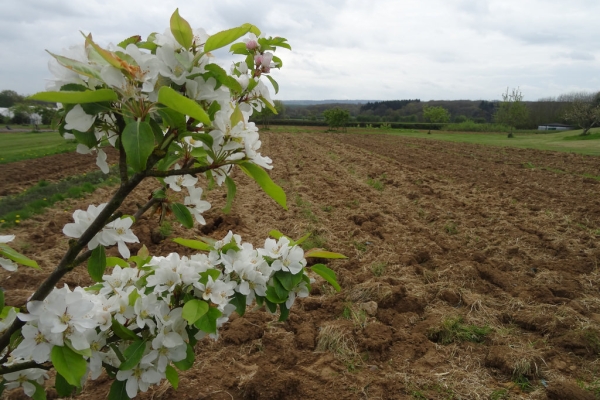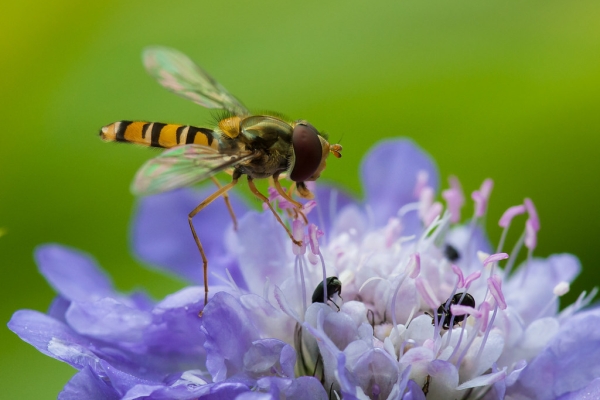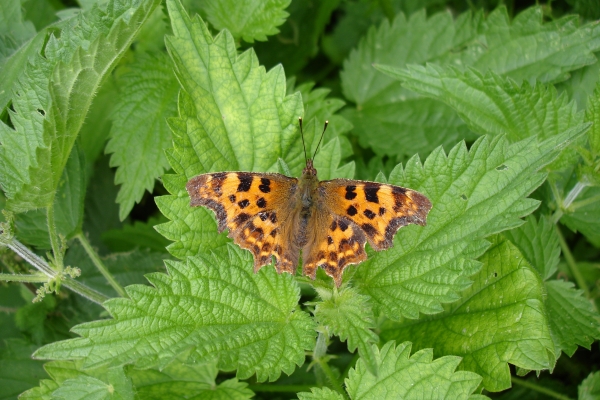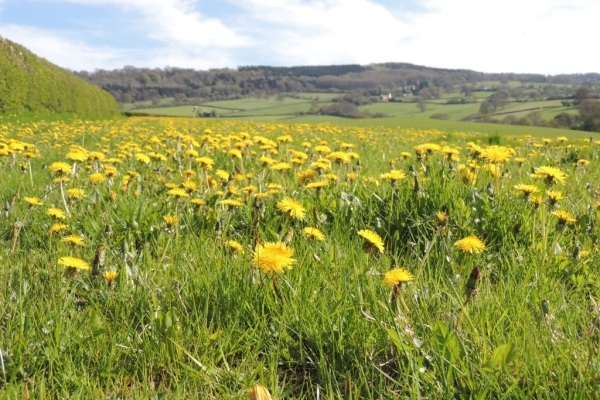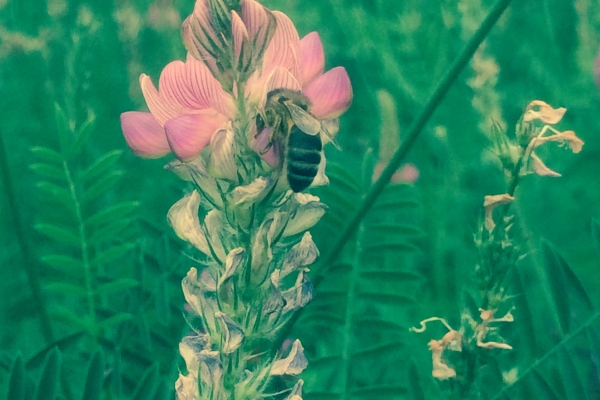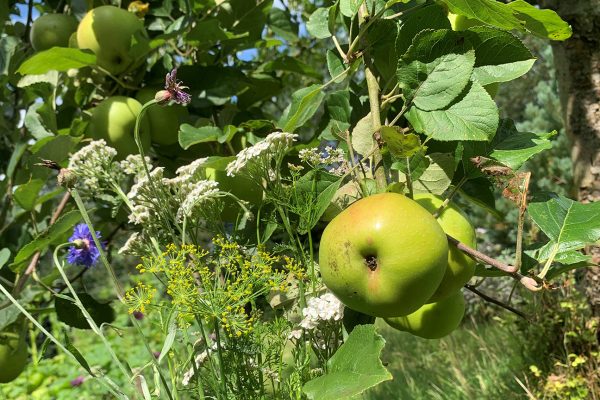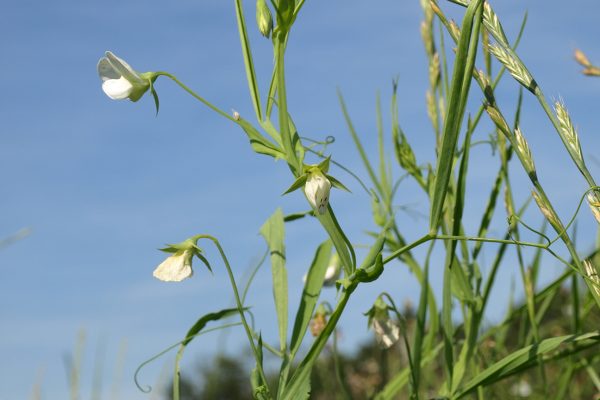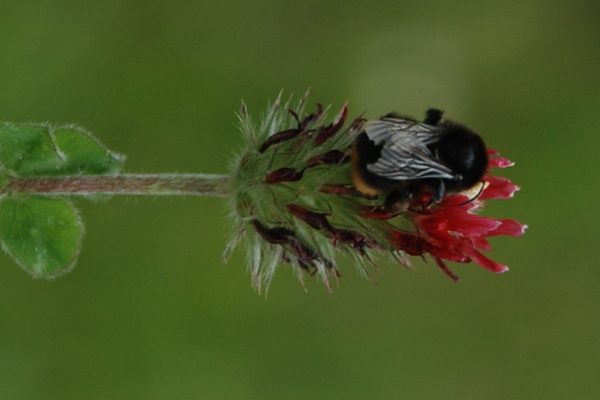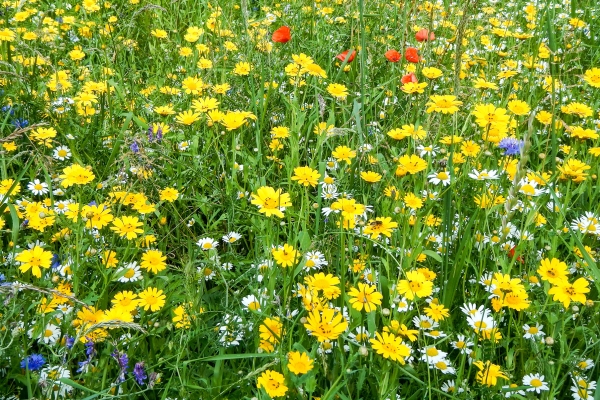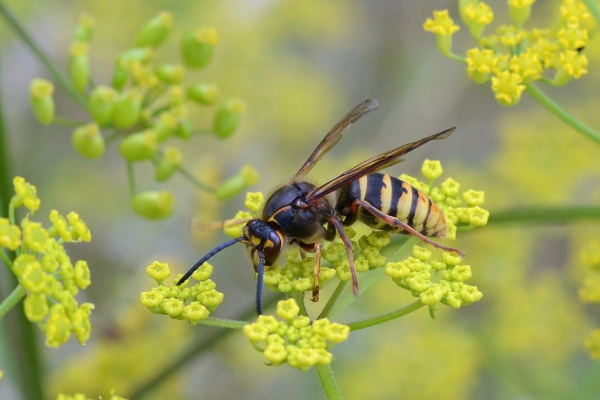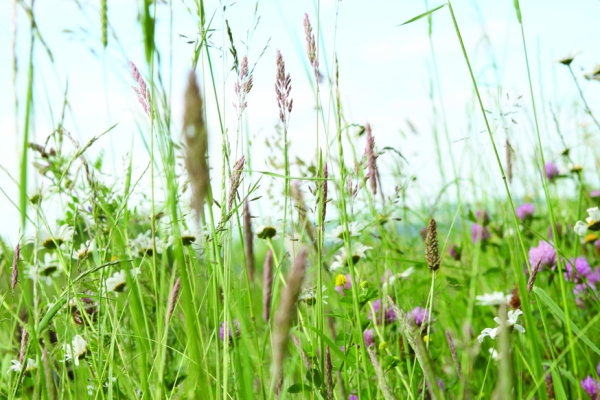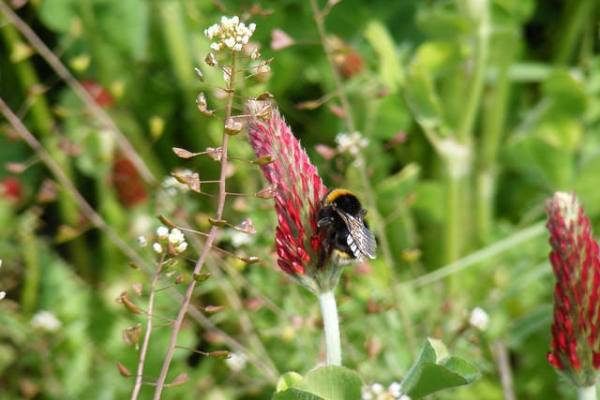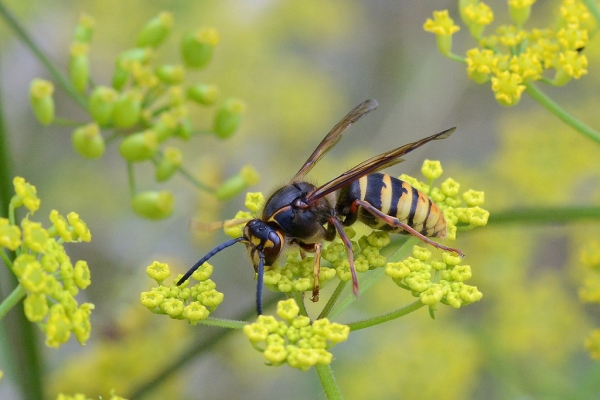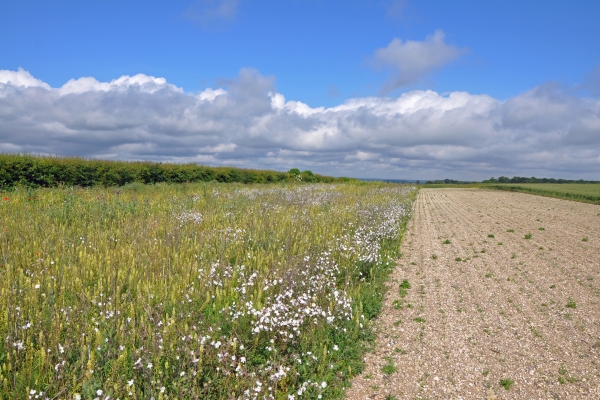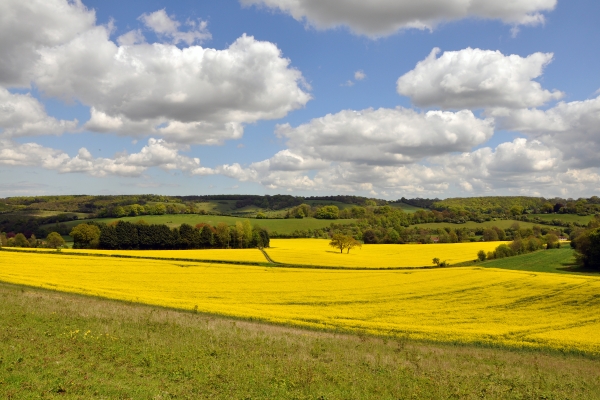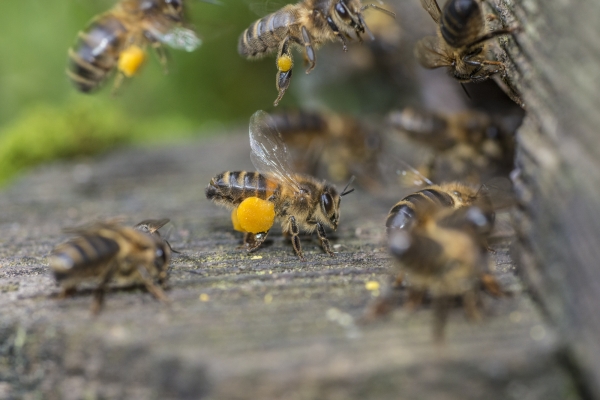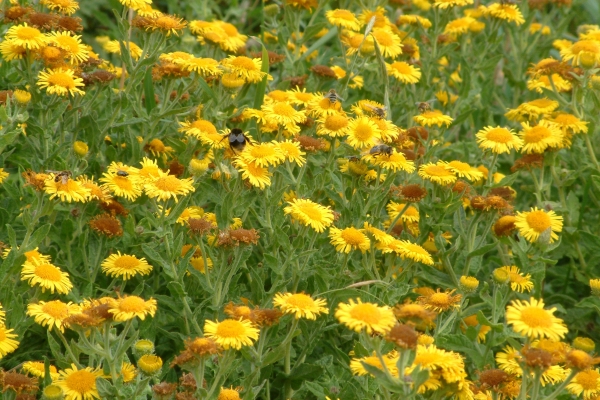Managing farmland for pollinators (Buglife)
Resource explained
Pollinators are vital for our food production and for biodiversity across all crops. This document by Buglife (The Invertebrate Conservation Trust), is a rich summary of practical tips on ways you can make your farmland more attractive to pollinators. It outlines the most important farmland habitats, and explains how you can manage them in a manner that protects and encourages pollinators. It also describes how pollinators use farmland, which will help you make the right management decisions, and provides some useful examples of plants that will have particularly positive impacts on pollinators throughout the different seasons.
Findings & recommendations
- Several hundred of species of pollinators use farmland for food, shelter, nesting and breeding sites, overwintering and wildlife corridors. The wide range of habitats can bring many benefits to pollinators, for instance:
- Many crops are important sources of nectar and pollen.
- Hedgerows provide shelter from the wind and protection during drought or heat-waves.
- Field margins can provide vital late summer / early autumn foraging.
- Decaying wood in older trees can provide larval habitat for hoverflies.
- Permanent pasture and fallow fields can be good sources of flowers from spring to late summer, but it is important to ensure grazing does not have a negative impact and that plants within a grazing sward have a structural diversity.
- Wild flowers in hay meadows can be beneficial for many species; from long-tongued bumblebees to tiny hoverflies. Less intensive management of flower-rich meadows gives higher chances for pollinators to survive in your farmland.
- Growing evidence shows that the use of neonicotinoids to control insect pests has a serious impact on pollinators and the environment, but rarely helps crop yield
- Being aware of the seasonality of flowering will help you create a beneficial environment for pollinators all year round.
Buglife offers a fantastic resource of on-line publications to help increase understanding and management of important species and habitats. Explore more here.
